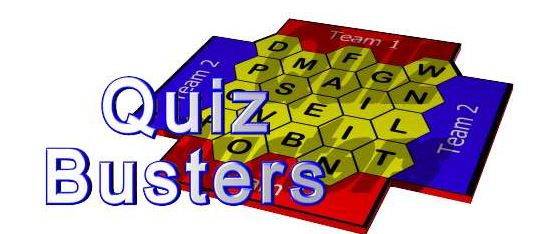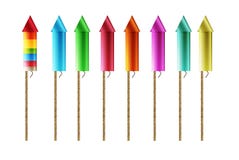If you've already ridden the white knuckle rides at Alton Towers or sampled the thrills and spills on offer at Eurodisney then you might be ready to pay a visit to Europa-Park, Germany's biggest theme park.
The park is located In the beautiful Black Forest (Schwarzwald) between the cities of Freiburg and Strasbourg, not too far from the border with France.
The park has roller coasters galore to choose from, including Europe's first wooden roller coaster. For younger children there is Hansel and Gretel's
Lebkuchenhaus, with a strong Germanic flavour. Fans of fairy tales can go to the Grimm Library to see the magic mirror and talking furniture and even take part in an interactive story along with other visitors.
To find out more about the park you can visit their
website.
Here is a taste of the amazing attractions the park has to offer:






